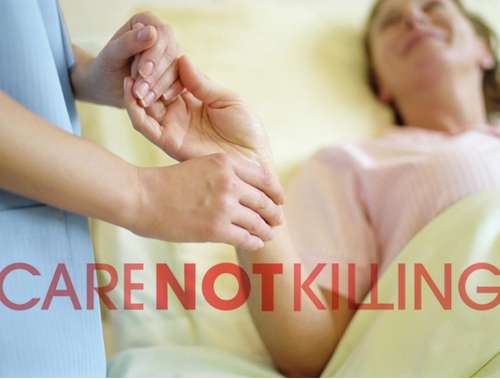80% Opposition to Euthanasia An International Trend
 Media Release 3 August 2017
Media Release 3 August 2017
Family First NZ says that the overwhelming 80% opposition to assisted suicide communicated to the Inquiry by the Health Select Committee is part of the reason why most overseas jurisdictions have also rightly rejected euthanasia laws.
An analysis of attempts in the USA to allow assisted suicide reveal an overwhelming failure rate associated with such legislation: fewer than 1% of all assisted suicide bills become law. Just this year, 46 bills to legalise assisted suicide in 27 states have been defeated, despite proponents of assisted suicide spending heavily. Between 2015-2017, legislation was also defeated in Scotland, United Kingdom, South Australia and Tasmania, with the only successes coming in Canada, and the three US states of California, Colorado and Washington, DC.
“The government report released yesterday revealing the level of opposition to euthanasia is no anomaly, and explains why a select committee comprising both proponents and opponents of assisted suicide could not endorse any change to the law. They understand that promotion of assisted suicide is a message that will be heard not just by those with a terminal illness but also by anyone tempted to think he or she can no longer cope with their suffering – whatever the nature of that suffering. This is the real risk to young and to vulnerable people, the disabled and elderly people if NZ follows the path of promoting – and allowing – assisted suicide,” says Bob McCoskrie, National Director of Family First NZ.
The government report shares this concern, saying:
“Many submitters were concerned that if assisted dying was legalized, people would see death as an acceptable response to suffering. It would be difficult to say that some situations warranted ending one’s life while others do not. These submitters were concerned that while terminal illnesses would initially be the only scenario in which ending one’s life would be considered acceptable, this would quickly widen to include any degree of physical pain, then to include mental pain, and then in response to many other situations that arise throughout life…”
“…Several submitters suggested that, during their worst periods of depression, they would have opted for euthanasia had it been available in New Zealand.”
“This government report clearly highlights the need to move on from the current political push for assisted suicide, and to focus on what New Zealanders really need and want – a focus on providing the very best palliative care and support for vulnerable people, whether they are at the end of their life, or momentarily wishing they were at the end of their life.”
ENDS






